A snarky, often ribald, always revealing memoir from Broadway royalty.
Books
A poet takes exception to the notion that Armageddon will be sponsored.
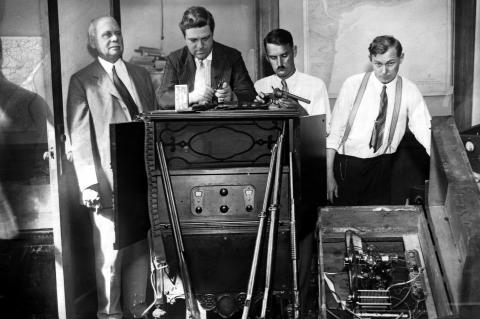 The Wettest Place
The Wettest Place During Prohibition “liquor was flowing like a river” from the East End to New York City.
It’s Gary Ginsberg at The Church in Sag Harbor Saturday and Kati Marton at Fridays at Five in Bridgehampton tomorrow.
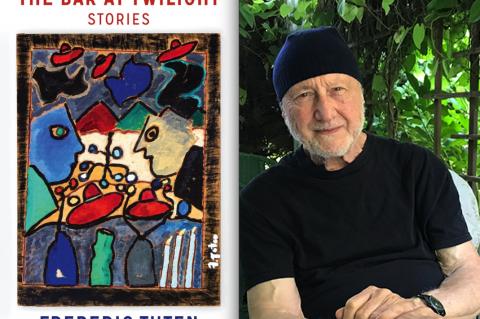 The Consolation of Art
The Consolation of Art The lives of artists, complicated women, heartbreak, and the consolation of great art are subjects in Frederic Tuten’s “The Bar at Twilight.”
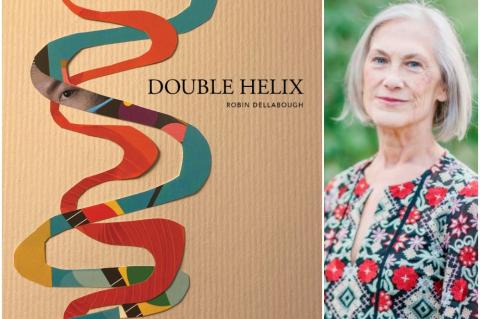 A Poet Discovers Her Past
A Poet Discovers Her Past A genealogy test answers nagging questions of identity and prompts a deeper search.
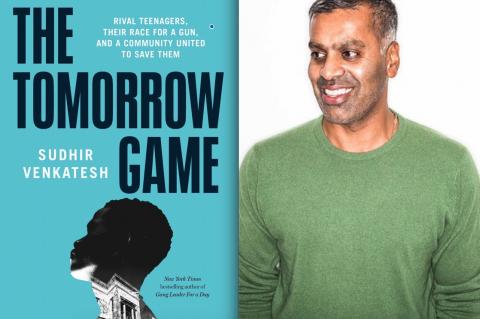 In Search of an Enemy
In Search of an EnemyA tale of two teens, a grudge, and a gun reveals a way to address violence in our cities.
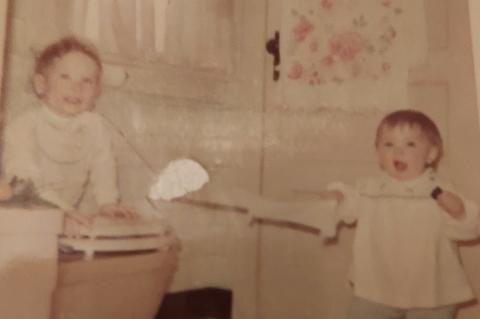 Postscript: The Enduring Mystery of Scott Clarke
Postscript: The Enduring Mystery of Scott Clarke Try as I might in researching “The Lost Boys of Montauk,” the youngest of the foursome, Scott Clarke, remained an enigma. Until now.
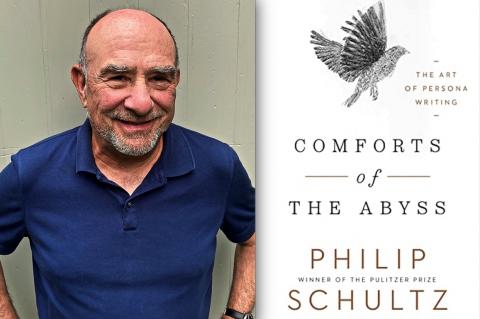 The Gift of Perception
The Gift of PerceptionA Pulitzer winner describes how he reached other writerly spirits, those of note and those just learning to express themselves.
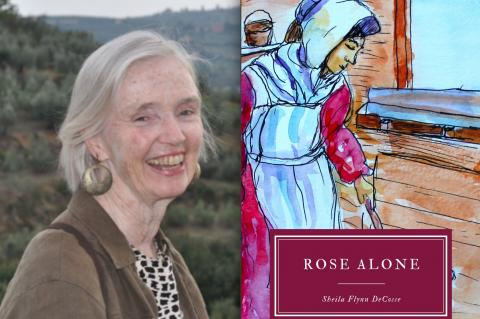 Out of Acadia
Out of AcadiaThis historical Y.A. novel follows a forced evacuation from Nova Scotia, and a teenage girl who lands in colonial East Hampton.
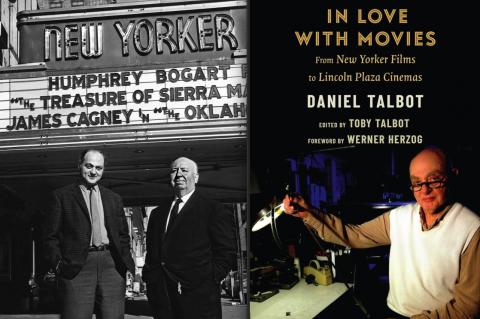 King of the Art House
King of the Art HouseThe life of a New York cinephile who for a half-century was a major player in movie theaters and distribution.
Philip Schultz and Jill Bialosky, poet turned memoirist and his editor, will have a meeting of the minds Friday in Sag Harbor.
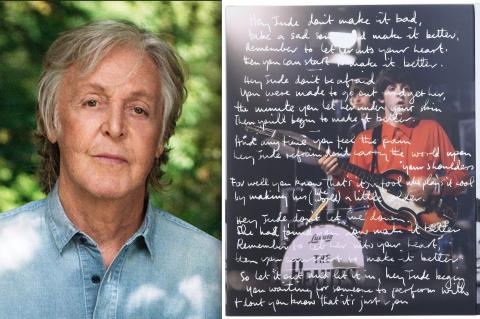 Paul McCartney as Writer
Paul McCartney as WriterThis assemblage of lyric sheets, recollections, photographs, handwritten notes, and drawings is nothing if not unconventional.
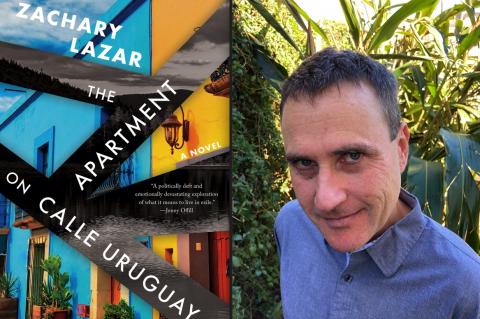 American Exile
American ExileZachary Lazar’s new novel is a meditation on life in Trump’s America — and how to escape it.
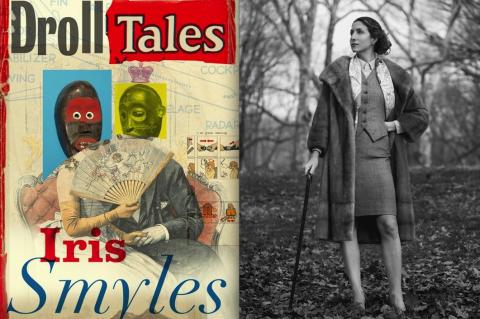 The Promiscuous and the Protean
The Promiscuous and the ProteanIn Iris Smyles’s new story collection, the pithy brilliance pours forth like water from a sculptural fountain.
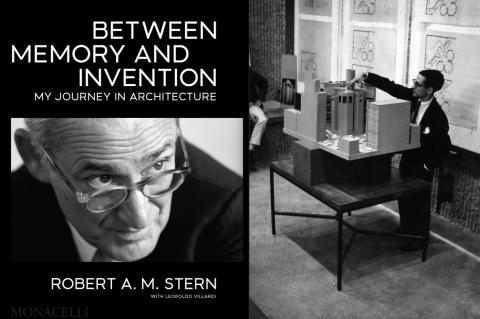 Architecture as Storytelling
Architecture as StorytellingThis is the autobiography of a career more than a man, and an extended essay on a philosophy of architecture.
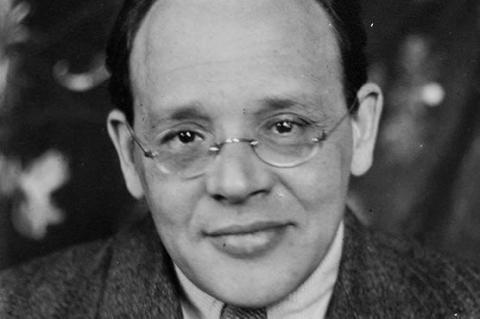 Isaac Babel, Witness to War
Isaac Babel, Witness to WarIsaac Babel’s accounts of the Polish-Soviet War of 1920 are so eerily reminiscent of Putin’s invasion of Ukraine that reading Babel now one tries not to shudder at the cyclical madness of history.
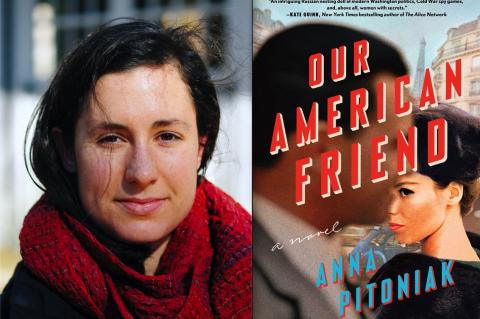 Love and Spy Craft
Love and Spy CraftWriting a biography of the couture-sporting, Slavic companion of “the most toxic leader in American history”? Sounds like trouble.
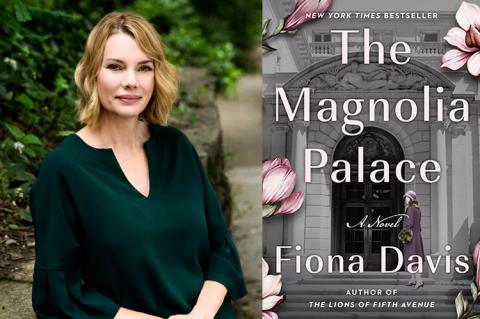 Chasing the Frick Diamond
Chasing the Frick DiamondA novelist’s skillful dive into the complexities of the legendary Frick family of art collectors.
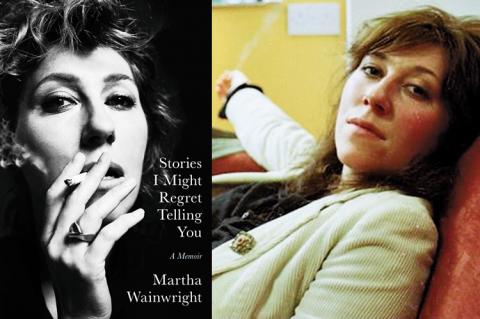 Family Matters
Family MattersMartha Wainwright on the anxieties and influences of growing up in a musical dynasty.
From “New York,” a poetry collection by Lucas Hunt due out from Thane & Prose on May 2.
The Bridgehampton Museum’s new lecture series brings historians and authors of books with a historical focus for talks, Q&A sessions, and the inevitable wine and cheese.
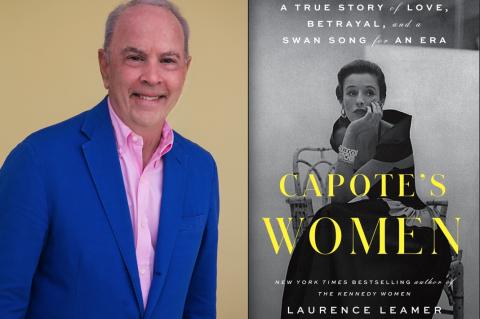 Heavenly Creatures
Heavenly CreaturesTruman Capote pulled back the curtain on lives that were only outwardly glamorous, and in some ways ended an era.
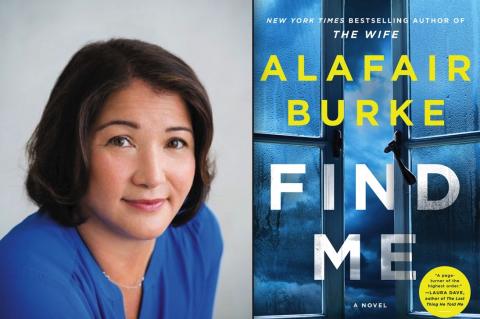 Hope Vanishes
Hope VanishesAlafair Burke’s latest comes with a truckload of twists, turns, and entanglements — plus an East Hampton setting.
New work based hard experience from a contributor of long standing.
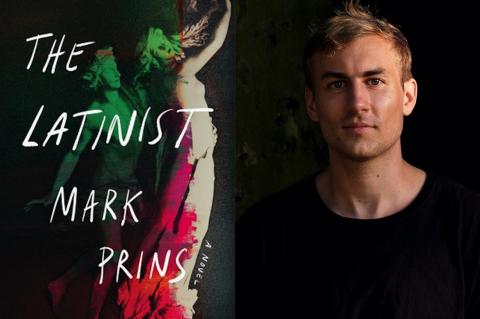 Love and Sabotage
Love and SabotageMark Prins’s debut novel, “The Latinist,” is an academic thriller with interpersonal toxicity at full boil.
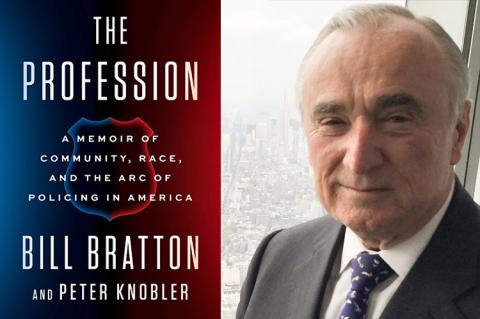 It Takes a Chief
It Takes a ChiefBill Bratton’s memoir provides an excellent recap of a sensible top cop’s extraordinary record of crime reduction.
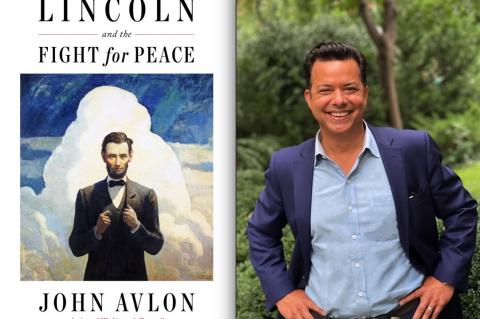 Lincoln Revisited
Lincoln RevisitedIn “Lincoln and the Fight for Peace,” John Avlon’s argument is that Lincoln’s intentions following the Civil War demonstrate the true path to peacemaking after armed conflict.
Meet the Authors Night, a new monthly series from the Springs Historical Society and the Springs Library, brings Randye Lordon, known for her Sydney Sloane mysteries, to Ashawagh Hall on March 16 at 6 p.m.
